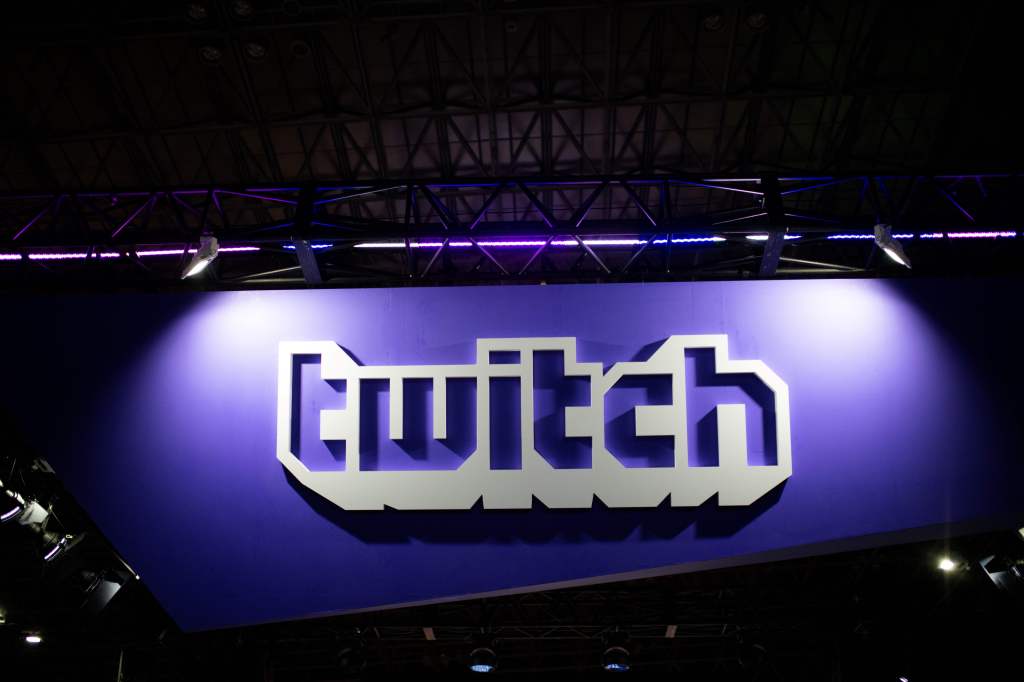
Another round of layoffs is hitting Twitch.
The Amazon-owned livestreaming platform will cut 35% of its staff, or roughly 500 employees, Bloomberg reported Tuesday.
Twitch publicly confirmed the layoffs in a blog post on Wednesday, which included a copy of the email that was sent to staff informing them of the cuts. In the email, CEO Dan Clancy said he was “disappointed” that the news of the layoffs was “leaked” before Twitch informed employees. He added that the company had planned to tell them on Wednesday morning, and was “unfortunately not able to accelerate the timeline.” He also stated that Twitch had paid out over $1 billion to streamers last year, but the company’s size didn’t match its growth.
“Over the last year, we’ve been working to build a more sustainable business so that Twitch will be here for the long run and throughout the year we have cut costs and made many decisions to be more efficient,” Clancy continued. “Unfortunately, despite these efforts, it has become clear that our organization is still meaningfully larger than it needs to be given the size of our business … As with many other companies in the tech space, we are now sizing our organization based upon the current scale of our business and conservative predictions of how we expect to grow in the future.”
Twitch did not immediately respond to TechCrunch’s request for comment.
It’s the latest blow for the already beleaguered company, which cut hundreds of jobs last year amid leadership changes, rising operating costs and community discontent. Shortly after Twitch co-founder and longtime CEO Emmett Shear handed the reigns to Clancy, the company laid off 400 employees. Amazon cut another 180 jobs late last year when it shut down its Crown channel, the Amazon-run Twitch programming, and shuttered its Game Growth group, which was supposed to help gaming creators market themselves.
Twitch also recently announced plans to shut down service in South Korea — one of the largest esports markets in the world — over “prohibitively expensive” network fees. In a blog post announcing the closure, Clancy wrote that the company had been operating at a “significant loss” in Korea, and that there was “no path forward” to run sustainably.
Despite its popularity — the platform’s usership has skyrocketed since pandemic lockdowns several years ago — Twitch still struggles to turn a profit. Its pivot to prioritizing ad revenue, which has been a point of contention among viewers and streamers, has not been fruitful; Bloomberg reports that the company is still unprofitable nearly a decade after Amazon acquired it. Several executives left Twitch in December, including its chief revenue officer.
Twitch faces steep operating costs to support livestream content at such a large scale. In a 2022 blog post, Clancy stated that each high-volume streamer on Twitch costs the company about $1,000 per month, citing Amazon Web Service’s interactive video rates.
“Delivering high definition, low latency, always available live video to nearly every corner of the world is expensive,” Clancy wrote.
Twitch to shut down in Korea over ‘prohibitively expensive’ network fees
Twitch’s money guy talks about the revenue split controversy and its monetization long game


